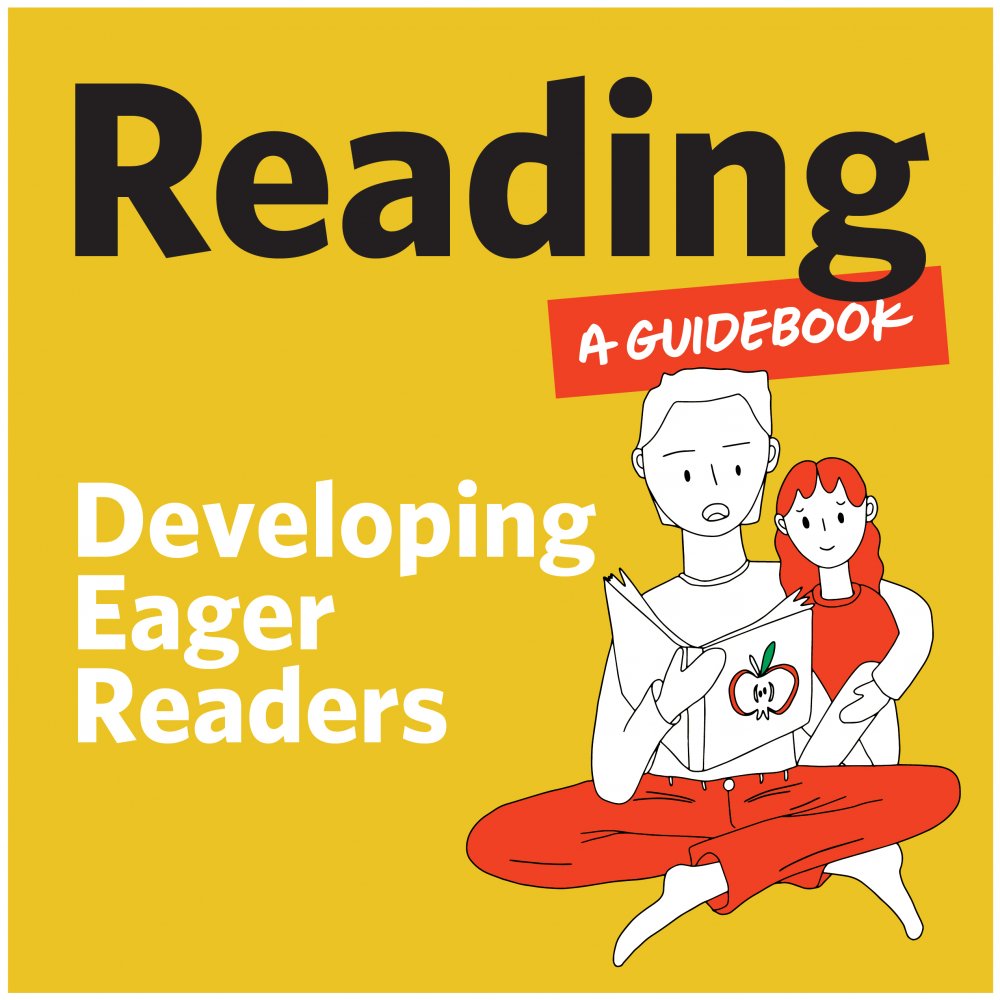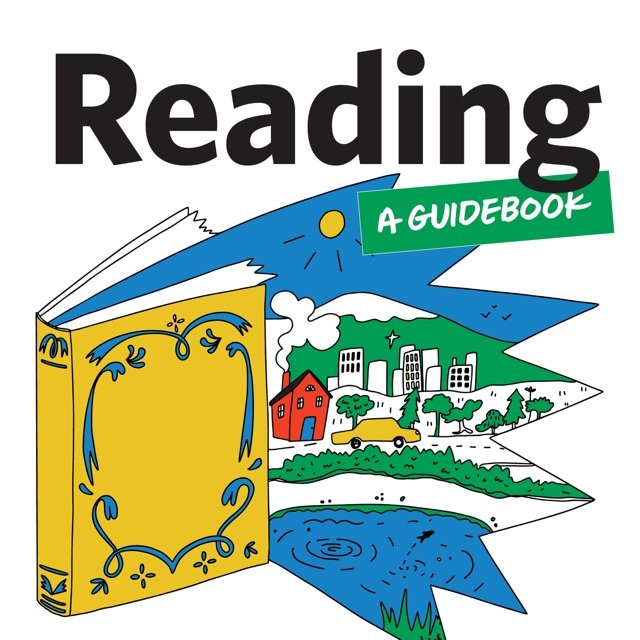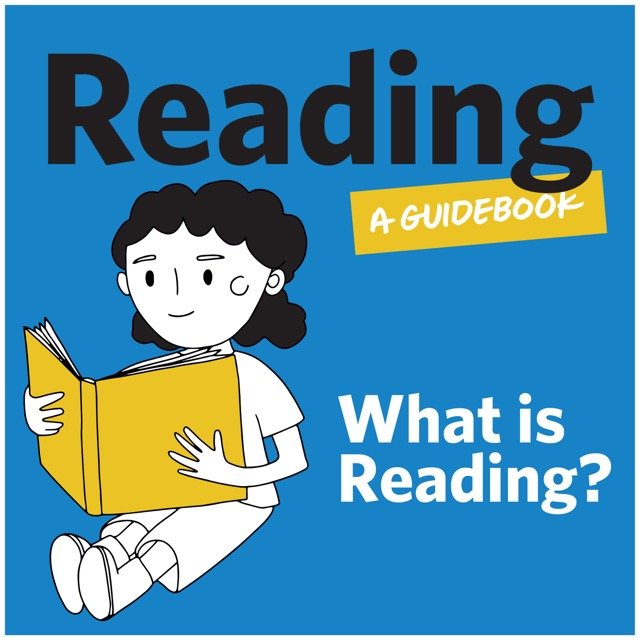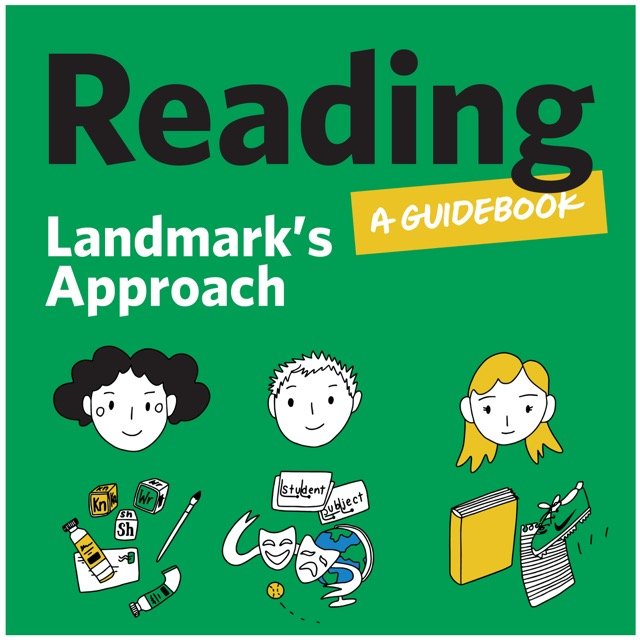- Our School
- Our Advantage
- Admission
- Elementary•Middle School
- High School
- Summer
- Giving
- Parent Resources
- For Educators
- Alumni
« Back
Developing Eager Readers
March 21st, 2024
Part 2 of Reading: A Guidebook

A parent, other relative—even a babysitter—is reading to a young child. There’s something warm and inviting about this scene. But there’s also something miraculous going on in the brain of the child who’s being read to. Neurons are firing, connections are being made, and language is getting solidified.
It Starts Earlier Than You Think
With reading proficiency hovering near the mid-30th percentile nationally, it’s imperative that we better support our children to become more eager and capable readers. This can and should begin at home with our youngest children. There is vast scientific evidence that proves that the more language children are exposed to, the more they have a chance of becoming strong readers.
Infants absorb language in utero. They hear verbal conversation, pick up patterns, and learn words, phrases, tone, and meaning innately. The more children of any age hear and see language, the better.
Talk Matters
The most important aspects of parent talk are amount and quality. And the more precise and descriptive it is with a higher number of unique words, the better. Children’s academic successes at ages 9 and 10 can be attributed to the amount of talk they hear from birth through age 3. Young children who are exposed to early language and literacy experiences are also more likely to be good readers later on in life.


Tips for Fostering Positive Reading Habits with Your Child
Make reading material plentiful in your home from newspapers and books to magazines—even comic books.
Follow the text with your finger while reading and talk about the content of a story with your child. Or use a “read-to-me” function in an app like Epic, which highlights the words as the story is read.
Make reading together a priority and build daily habits like reading at bedtime or during breakfast.
Have your child read to you without your criticism or judgment to understand how their reading is progressing.
Read material to your child that is of inherent interest to them and for which they have background knowledge. Give graphic novels a try.
Point out written words in everyday life. This can include signs in grocery stores, subway stations, along roadways—virtually anywhere.
Point out letters, individual letter sounds, and vowel teams like “oa”, “ie”, and “au”, and consonant sounds like “ch”, “sh”, and “th”—as well as others.
Use Artificial Intelligence to help you write stories that would interest your child.
Talk with your child about what they’re reading and what they like or dislike about it.
If your child is struggling with reading, encourage them to talk about what’s challenging them.


Finding the Right Level of Reading Challenge for Your Child
Ask your child’s school for their Lexile score if they administer a Scholastic Reading Inventory (SRI)—most public schools do. You can then search using many online tools. Here is just one: Please bear in mind that scores are based on averages and are just one measure of a child’s abilities.
Determining if Your Child is Struggling to Read
There are a host of reasons why some people struggle to read. Here are two helpful resources that give you red flags to look for:
Early Signs of a Reading Difficulty
The Importance of Early Intervention
If your child is struggling in school, the earlier you bring this to the attention of their teachers and key administrators, the better. Early intervention is the single most effective method of helping them get back on track. Waiting is never a good option. “Once children fall behind in the growth of critical word reading skills, it may require very intensive interventions to bring them back up to adequate levels of reading accuracy (Allington & McGill-Franzen, 1994; Vaughn & Schumm, 1996), and reading fluency may be even more difficult to restore because of the large amounts of reading practice that is lost by children each month and year that they remain poor readers (Rashotte, Torgesen, & Wagner, 1997).” 11
Learn More
Tips for Parents Who Suspect Their Child Has a Learning Disability

Citations
10 Travis. (2019, February 19). 30 Key Child Literacy Stats Parents Need to be Aware Of. Literacy Project. October 15, 2023,
11 Torgesen, J. (n.d.). Catch Them Before They Fall: Identification and Assessment to Prevent Reading Failure in Young Children. Reading Rockets. 2023
12 Rasinski, T. (2020). Art and Science of Teaching Reading. Timothy Rasinski.
The Reading Guidebook was compiled by representatives from Landmark School, empowering students with reading challenges, and Landmark Outreach, PD and coaching for educators.
Reading: A Guidebook Blog Series
Click on each of the images below to see that blog article. Or download the entire guidebook using the form.
Download Reading: A Guidebook

Posted in the category Learning.


























